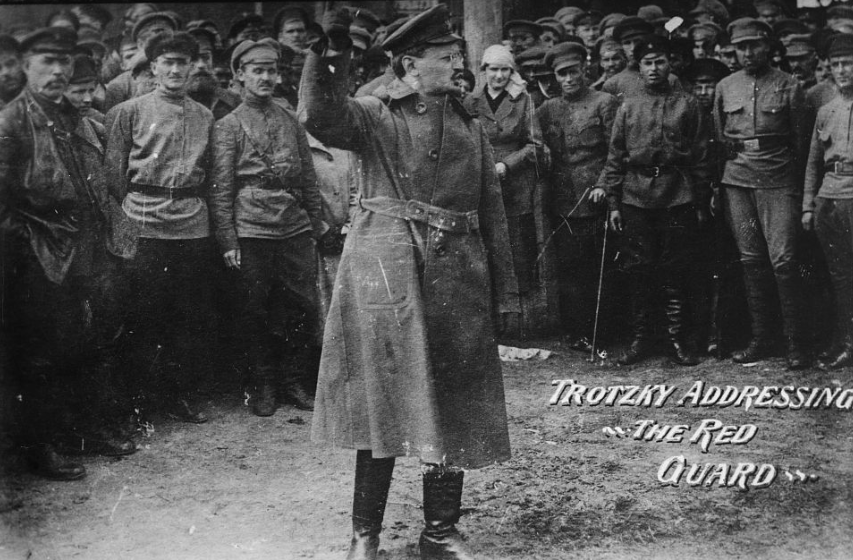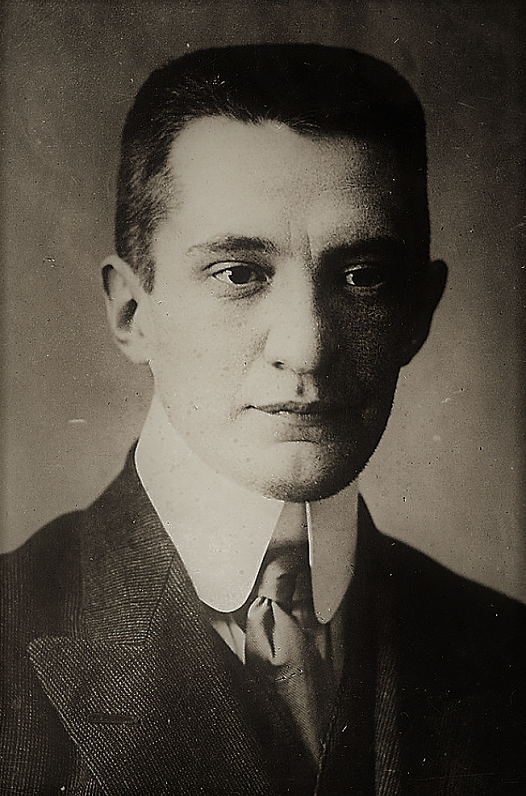
Three things to know about the October Revolution in Petrograd
1. It was not unexpected
The Bolsheviks had been preparing for the revolution for a very long time and did not hid their intentions.
And they did not need to. Alexander Kerensky's Provisional Government was very unpopular. As Prime Minister, who had acquired dictatorial powers, he was often dubbed Alexander IV as there had been three Russian Tsars named Alexander in the past. The seat of the Provisional Government (the Winter Palace) had a small garnison that was shrinking daily because of news of the expected coup. In the end, the Winter Palace had so few defenders that there weren't enough guards to defend all the entrances and the windows. The Provisional Government was helpless to a degree that it couldn't supply its garnison with adequate food.
Vladimir Lenin
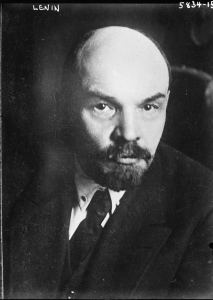
Lenin (Vladimir Ilyich Ulyanov, 1870–1924) was the leader of the radical wing of the Russian Social Democratic Labour Party, or the Bolsheviks. As a teenager, he was struck as his elder brother Alexander was executed for conspiring to murder the Tsar Alexander III. Lenin's Bolsheviks wanted to institute a class struggle, a proletarian dictatorship and mass-scale terror.
2. The revolution went all but unseen
The Bolsheviks and the defenders of the Provisional Government were so few in number that most people in Petrograd did not even notice the historic changes.
Even the city tram schedule went unchanged, and the new masters of the Winter Palace were somewhat disheartened that others were quite indifferent at the events.
The reins of power were practically free to anyone who'd take them, but no one would as there were too many unsolved problems within the state. Only Lenin, obsessed as he was with the idea of a global revolution, was crazy enough to step forward.
3. Alexander IV was more popular than Nicholas II
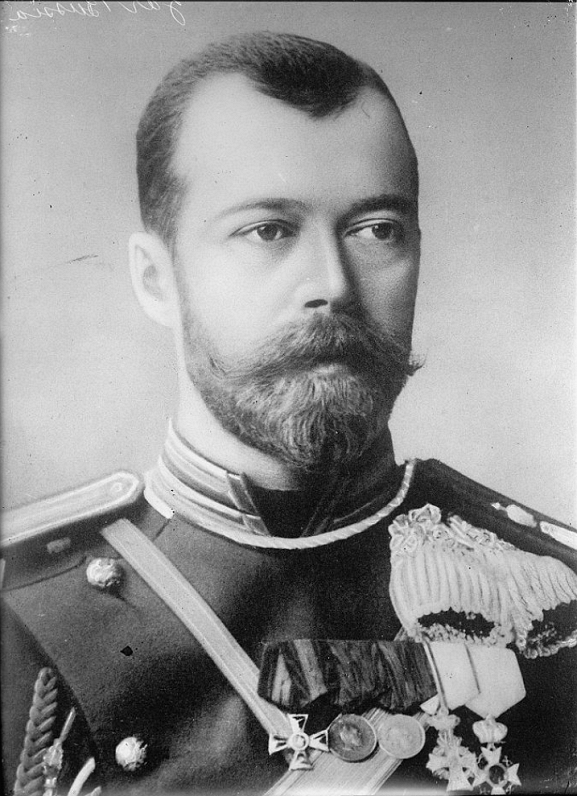
However Alexander Kerensky turned out to be more popular than Nicholas, who was called the bloody by some but considered a saint by others.
The guards at the Winter Palace did not give up just like that and tried to fend off the attack as much as it could. The ministers of the Provisional Government did not flee or join the ranks of the Bolsheviks. Officials refused to cooperate with the Bolsheviks. There were even about 1,000 Cossacks, as well as several hundred war academy pupils who tried saving the Provisional Government.
In Moscow there were fierce urban clashes between Bolsheviks and supporters of the Provisional Government, and bloody fighting ensued in other Russian cities.
Why is the November 7 revolution important? Plus several facts
Contemporaries were unclear as to what had happened on November 7. Was it a coup d'etat, a revolution, or a counter-revolution? Historians disagree even today. Early on the Bolsheviks called the November events a coup, but later came up with the more sonorous moniker of the Great October Socialist Revolution (it took place on October 25 per the Old Style). They tried drawing parallels with the Great French Revolution, where the storming of Bastille would coincide with their takeover of the Winter Palace.
How can we look at these events? In the context of 1917, it was a coup d'etat agains the Provisional Government.
In a wider context - that of 20th century history - it was without a doubt a revolution. The November 7 events left such a mark on Russia and the world that they should doubtless be considered revolutionary.
Paradoxically, November 7 could be considered a counter-revolutionary victory. The Bolsheviks upturned the Provisional Government, which had been set up after the February Revolution. The Bolsheviks dismantled civil liberties and democracy and after two and a half months turned against the Constituent Assembly. They destroyed everything the February Revolution had achieved. Maybe Lenin could be considered a counter-revolutionary?
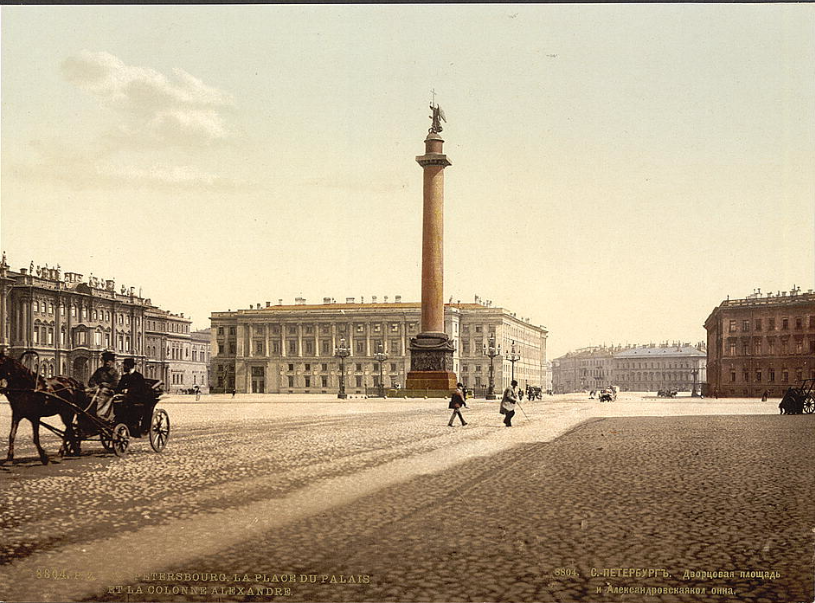
However we look at Lenin, it was he and Trotsky, the main organizers and leaders of the coup, that completely destroyed Kerensky both Politically and Morally. Kerensky went away in 1918 and spent his life in exile (he died in the US in 1970). To the very end of his days, he was distressed by the story, which the Bolsheviks did their best to circulate, over his escape from Petrograd.
One story said he had fled the Winter Palace as a nurse, while others said he had dressed as a maid. The truth was more prosaic, as he rushed to the front line to seek supporters among the military. Kerensky did not change his clothes, but commandeered a car from the US consulate to escape Petrograd. A few days later, however, when the planned march to Petrograd by general Krasnov had failed and as Cossacks had turned their coats and tried arresting him, he did dress up as a sailor and flee.
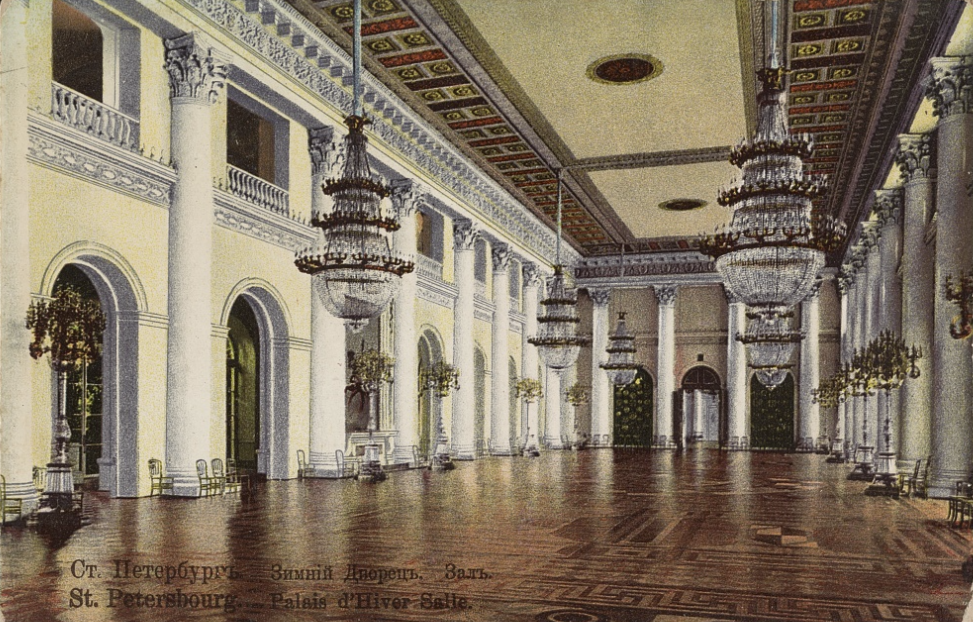
After the coup, many stories about events at the Winter Palace circulated too - that the palace had been looted, that the women's battalion of the Provisional Government had been raped, and that the wine cellars of the Winter Palace had been emptied out. Most of it turned out to be untrue, but the wine cellars had not been, in fact, left intact.
